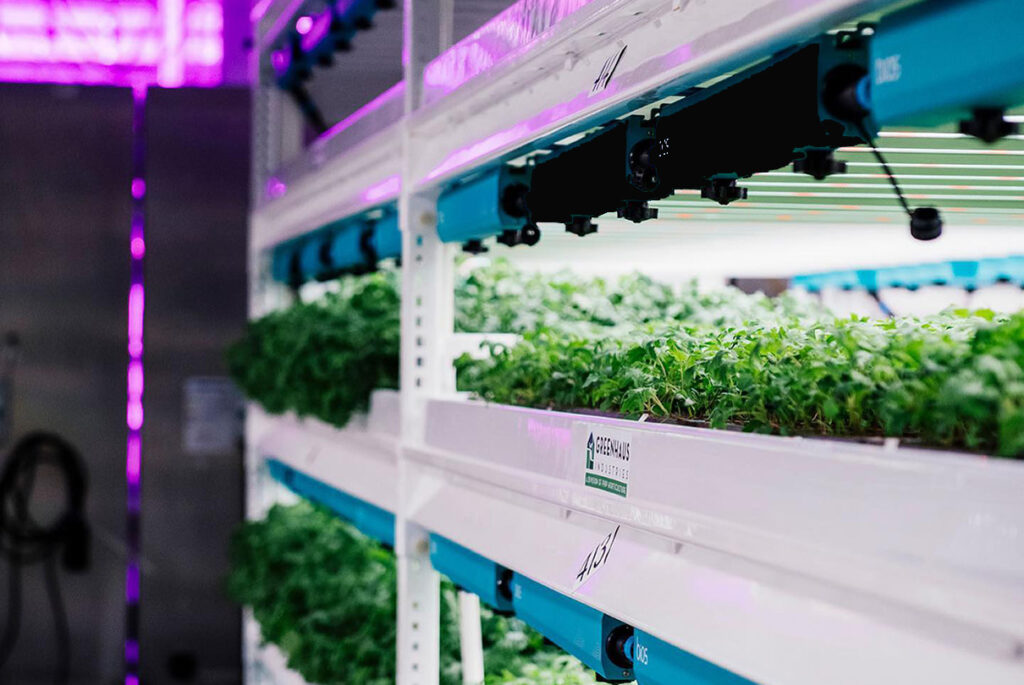It may well have made its way through the 2020 COVID pandemic by transitioning to direct-to-consumer sales with its salad kits, but as of Monday July 17th, Planted Detroit sadly began winding down operations.
Founded in 2018, the firm uses hydroponics and LED lights to cultivate its products inside a 20,000-square-foot vertical farm. It produces approximately 2,600lbs (1200kg) of greens a month which were sold wholesale to local restaurants or as ready-to-eat salads directly to consumers across Southeast Michigan.
In a statement available on its website, CEO & Founder, Thomas Adamczyk blamed the closure move on recent ‘budget restraints’ continuing:
We have left a little bit of runway to continue to provide our customers with salads and greens for the next few weeks. We will continue honouring all subscriptions, farmers market commitments, and delivery orders placed on our website until July 28. At which point, we will transition to offering our products by pickup only at our farm from July 31 to August 4. On August 4, Planted Detroit will fulfil its final pick up orders before closing its doors and dismissing all employees.
While we are still seeking outside investors to take over operations and restore the longevity of the company, there is no guarantee of that and we cannot make business decisions based on this hope. If you or someone you know is interested in investing please contact me, Thomas Adamczyk, at 734-250-1906.
Our primary focus at this time is creating a transition process for our employees that is as smooth as possible. If you know of any opportunities available for our team members including farm technicians, maintenance workers, food safety experts, marketing & communications professionals, or sales managers, please reach out our Head of HR Katrina Cotton at (313) 784-9552.
We can’t thank you enough for your support during these five years.
With 70 experienced staff, a good brand and regular customers, Planted Detroit is still hoping that a new investor could sweep in and save the day. If not, this is yet another CEA operation that has succumbed to the rising cost of electricity, among other factors.



